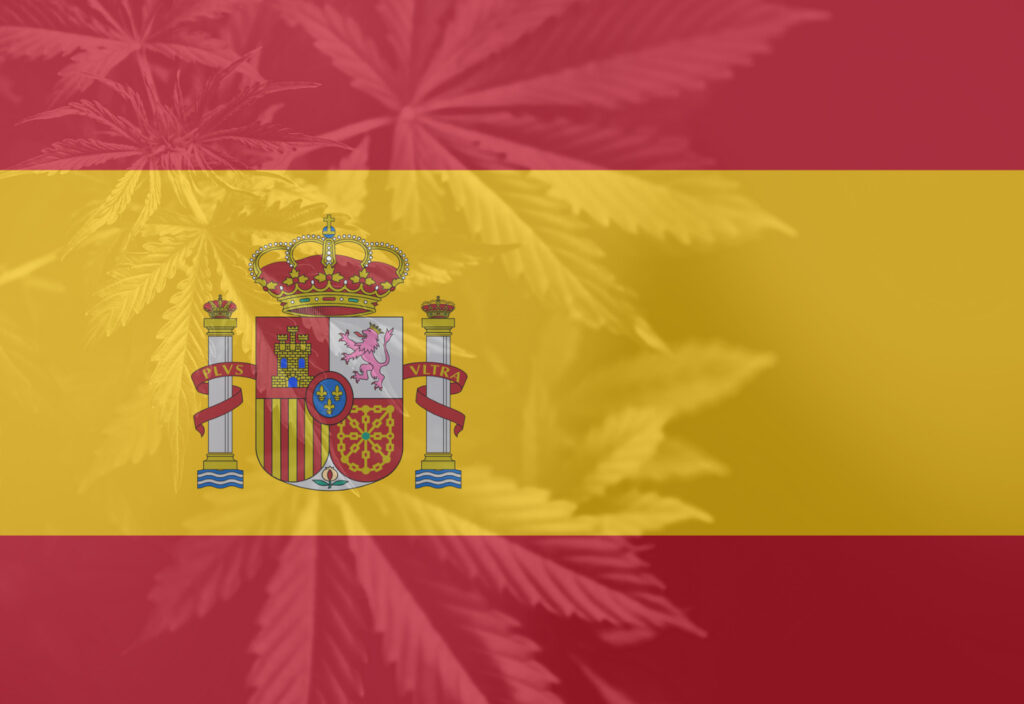This past weekend, I was finally able to attend the renowned International Cannabis Business Conference (ICBC) here in Barcelona, Spain. The event had been cancelled for two consecutive years due to the pandemic.
I attended interesting panels on everything from cannabis 3.0, to cannatech, to the current challenges of cannabis clubs in Spain. I want to focus on that latter issue today, and the related questions of 1) whether cannabis should be available for the public instead of through exclusive licensing and exporting processes; and 2) how Spanish regulation of cannabis would treat legacy cannabis operators and production. I’ll also touch on cannabis legalization in Europe more generally.
New draft bill of Integral Regulation and Control of Cannabis
The new draft bill of Integral Regulation and Control of Cannabis in Adults (122/000169 Proposición de Ley de regulación integral y control del cannabis en personas adultas), was presented on October 15, 2021, for debate and enactment in the Spanish Congress by the Confederal Group of UP-ECP-GEC.
As discussed here on this blog many times (here, here and here), Spain has a thriving cannabis culture with a great commercial potential. There is also much public support for legalization.
Unfortunately, Spain has no organized industry lobby and insufficient political advocacy. Cannabis clubs in Spain have been operating for decades in the grey legal area and last year, a Supreme Court ruling put hundreds of cannabis clubs at risk of closure while the Senate rejected a proposed bill to regulate cannabis clubs at the state level. After all these years of cannabis movement in Spain not only do we have no regulation of medical use or medical cannabis, but, outside of decriminalization there is not even a legal framework for private cultivation and consumption.
This lack of legal recognition of reality here in Spain was heavily criticized by the panel– especially when compared to much faster legal developments in the US, Canada and other European countries. Hence, the overall message from this panel discussion reflected a strong welcome of this draft bill, which would reflect a long expected legal framework.
At the same time, the panel also mentioned the incredibly low likelihood (likely less than 1%) of the new draft bill being enacted. While the outcome remains to be seen, the draft bill clearly reopens a debate that seemed lost and closed, and will hopefully bring us further along on the path of cannabis legalization in Spain.
Possible legalization of medicinal cannabis creates business opportunities
The panel on cannabis legalization in Spain also shed light upon the more likely scenario of legalization of medicinal cannabis through pharmaceutical industry. In this capacity, cannabis would be heavily regulated, but not legalized for recreational or medical use. While activists and club owners here in Spain are not pleased for obvious reasons, it must be said that there will be many business opportunities if and when this happens.
Cannabis markets in Europe and elsewhere
One panel entertained a high-level discussion of cannabis markets in the US, Germany, Switzerland, as compared to Spain. Licensing process and business opportunities in each of those countries were discussed. Despite some very interesting movement in Europe, it seems likely that the pandemic and Ukrainian crisis will slow down further any current legal development.
Finally, Spain’s big CBD market was mentioned and the lack of legalization was once again heavily criticized. Medical growth in Spain is regulated and done by pharmaceutical companies and they generally can only export to markets where medical use is allowed. Time will tell if Spain can move things forward on this opportunity, as well as cannabis legalization more generally.
























